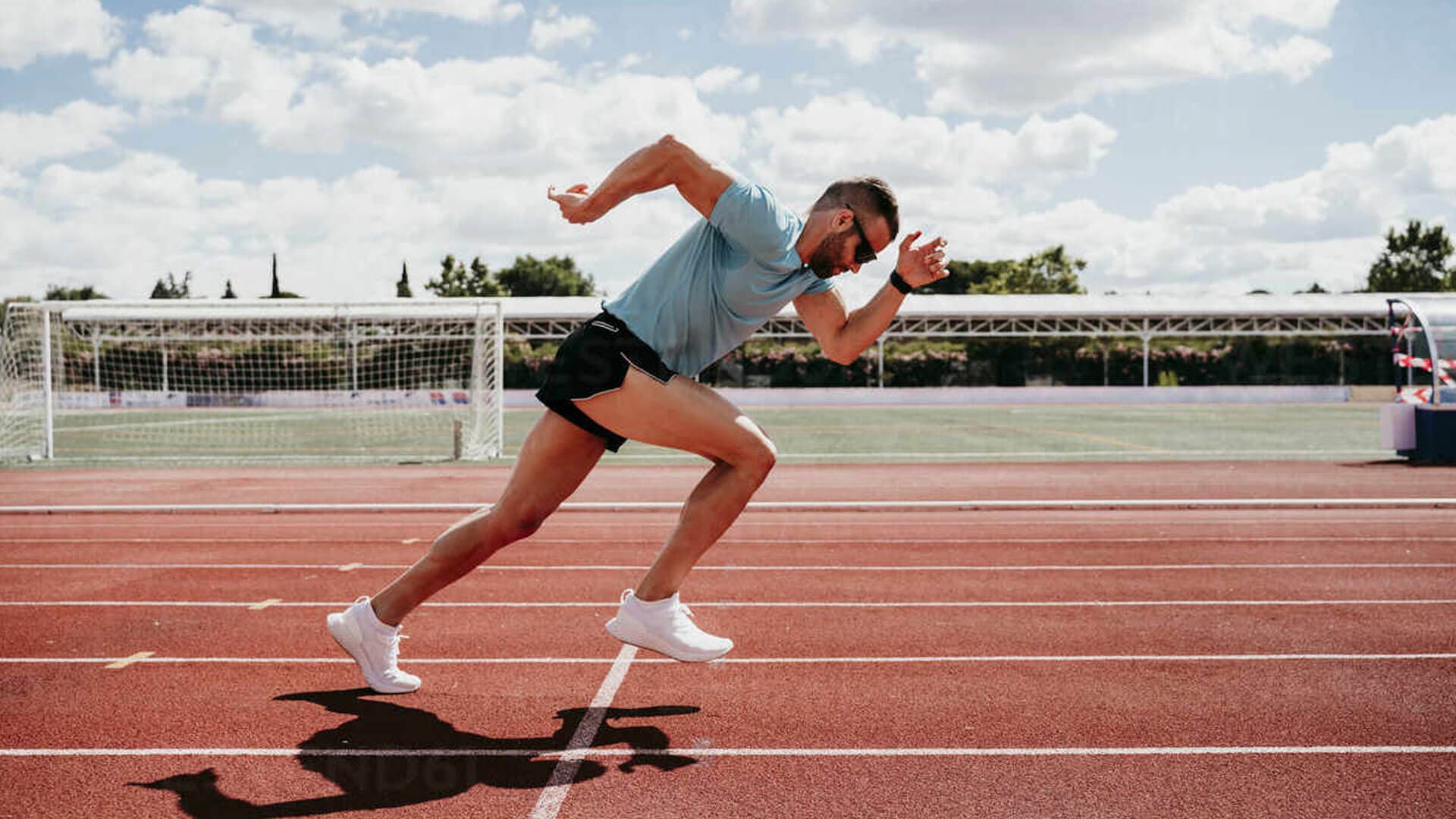Returning to Sports After Achilles Injury

Getting back to sports after an Achilles tendon rupture is one of the most exciting — and nerve-wracking — parts of recovery.
Whether you’re a recreational runner, weekend hockey player, or competitive athlete, returning too soon can risk re-injury.
With the right plan, though, you can regain strength, mobility, and confidence while minimizing setbacks.
Understanding the Timeline
Most people resume light athletic activity around 6–9 months after injury, but a full return to sport can take 9–12 months depending on age, rehab quality, and sport intensity.
These stages are approximate — everyone heals differently, and following your physiotherapist’s protocol is key.
Phase 1: Foundation (0–3 Months Post-Injury)
- Focus: Healing and controlled mobility
- Boot or brace use is common
- Begin gentle range-of-motion and light resistance exercises
- Upper-body and core training keep overall fitness up
Phase 2: Strength & Stability (3–6 Months)
- Focus: Rebuilding calf strength and balance
- Introduce progressive loading: double-leg → single-leg calf raises
- Add proprioception drills (wobble board, balance work)
- Stationary cycling or swimming for cardiovascular fitness
Phase 3: Power & Function (6–9 Months)
- Focus: Controlled explosive movements
- Add plyometrics and agility work (light jumps, hops, directional changes)
- Sport-specific movement retraining under supervision
- Continue to strengthen the non-injured leg to prevent imbalance
Phase 4: Return to Play (9–12+ Months)
- Focus: Confidence, consistency, and endurance
- Simulate real game movements gradually
- Full-speed drills only after meeting strength benchmarks
- Continue daily mobility and recovery work even after return
Key Milestones Before Returning to Sport
Your physiotherapist or athletic trainer may check for the following before clearing you for full participation:
- Calf strength within 90–95% of the uninjured leg
- Single-leg heel raise endurance (able to complete 25+ reps)
- Pain-free jumping and landing
- Symmetrical movement patterns (walking, jogging, cutting)
- Psychological readiness — confidence and reduced fear of re-injury
💡 Tip: A strong mind-body connection is crucial here. If you hesitate or guard your movement, you’re not truly ready — no matter what the calendar says.
Mental Barriers: Overcoming Fear of Re-Injury
Many athletes struggle with trust in their repaired tendon.
Visualization, graded exposure (slowly reintroducing sport movements), and working with a sports psychologist can rebuild that confidence.
Remember: mental readiness is just as important as physical recovery.
Avoiding Common Setbacks
- Skipping progressive loading. Tendons adapt best with gradual increases in stress.
- Neglecting warm-ups. Cold tendons are more vulnerable. Always prime with dynamic stretches and calf activations.
- Ignoring rest signals. Soreness that lingers for days or swelling after activity means you’re pushing too fast.
- Neglecting the opposite leg. Balanced strength helps prevent compensations that cause other injuries.
Supporting Long-Term Performance
Even after you’re “cleared,” your tendon continues remodeling for months.
Make maintenance part of your routine:
- Include calf raises, single-leg balance, and mobility drills in every workout.
- Stay consistent with eccentric loading (slow lower calf raises).
- Use compression sleeves or heel lifts if recommended by your therapist.
- Cross-train to build resilience — cycling, swimming, or yoga all help.
Final Thoughts
Returning to sports after an Achilles injury isn’t about speed — it’s about safety, strength, and smart progression.
Celebrate each milestone and trust the process.
With proper rehab, patience, and mental resilience, you’ll not only return to your sport — you might come back stronger than ever.
Related Reads:
👉 Understanding Achilles Tendon Injuries: Causes and Prevention
👉 Mental Health During Achilles Tendon Rupture Recovery